
Research at Ulm University: Shaping the future together
As a young research university, Ulm University addresses the global challenges of today and tomorrow with energy, commitment and responsibility.
Leading in our profile areas
Ulm University is focussing on four pioneering profile areas where we enjoy a global reputation and set standards. Thinking outside the box and across borders, we collaborate on research projects, ideas and visions with international partners.
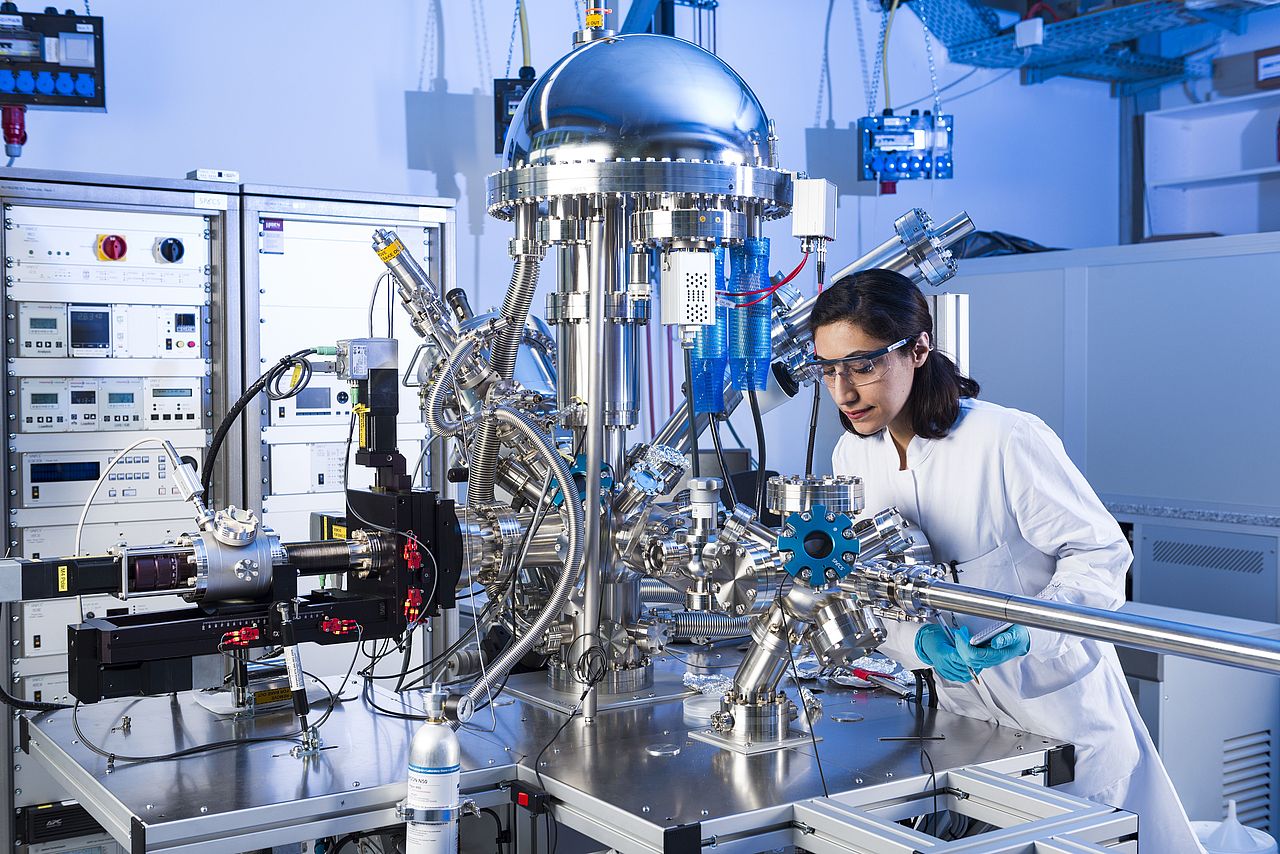
Green Energy
On the Green Energy Campus in Ulm’s Science City, the university and industry-related research institutes are developing batteries and fuel cells for electromobility and the energy transition. Our goal: high-performance, safe and sustainable storage systems for the energy transition and e-mobility.
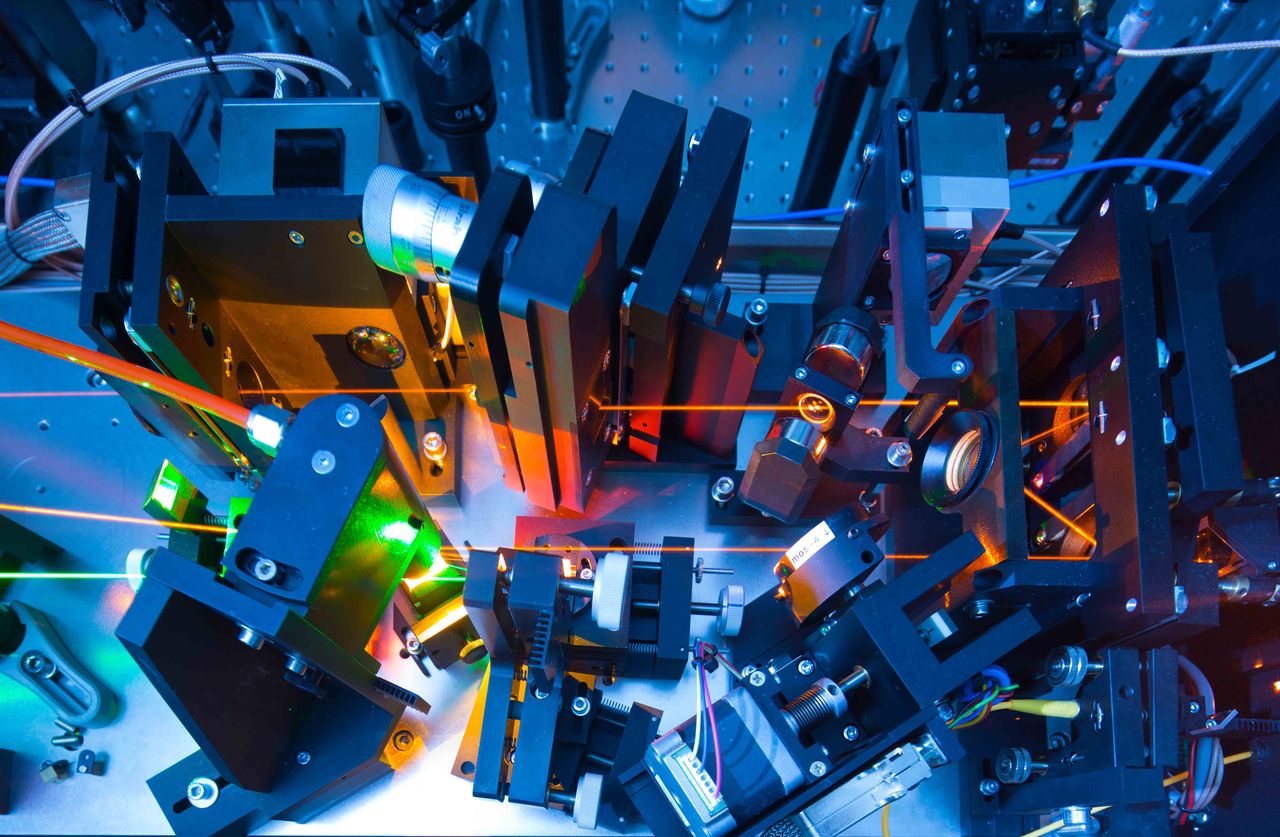
Quantum Technologies
Extremely fast quantum computers, tap-proof data transfer, highly sensitive sensors: quantum mechanical properties are essential for many technical systems of the future. Our scientists are dedicated to researching the underlying physical phenomena.
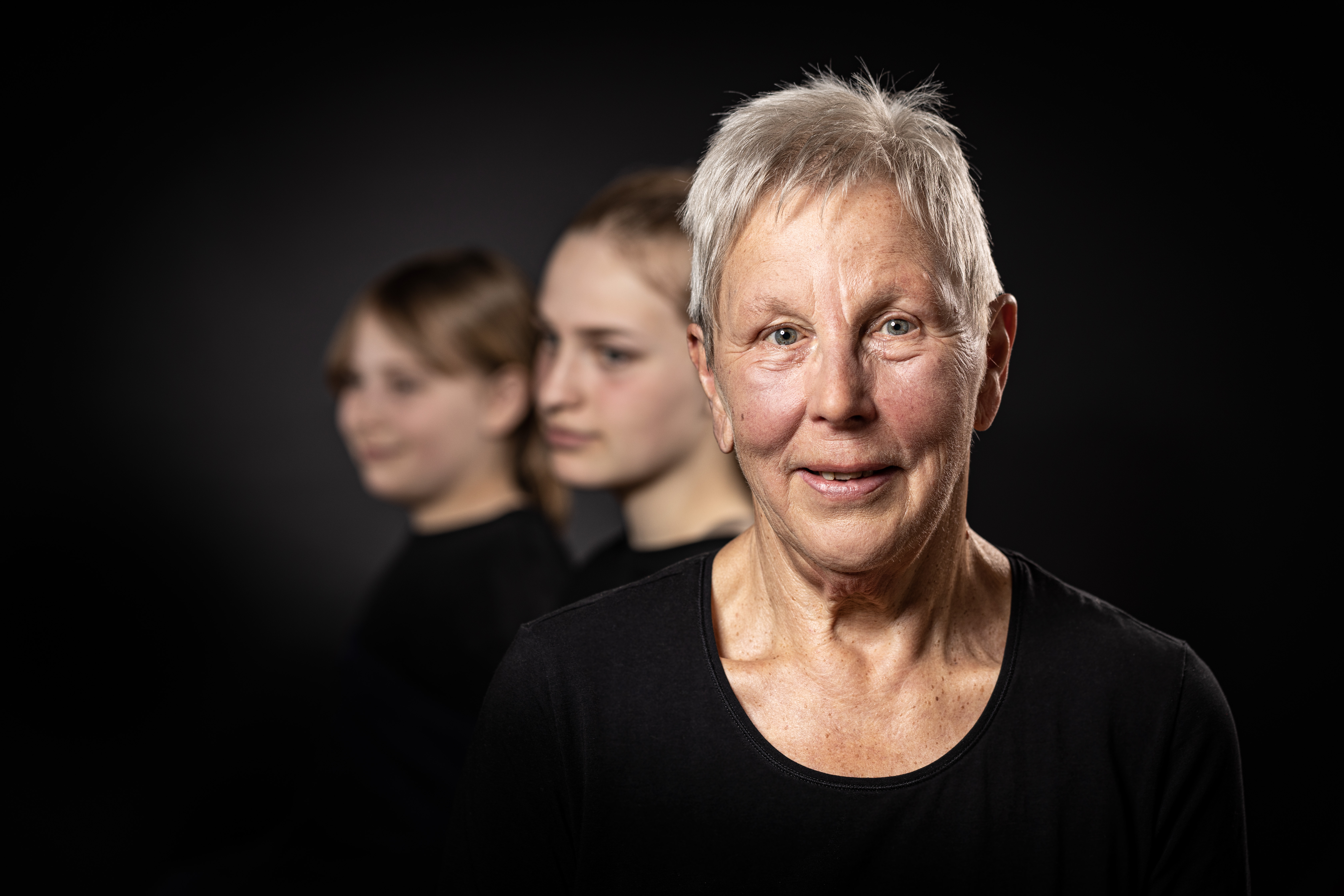
Life Long Health
People age, but the molecular processes are still largely unknown. Ulm University researchers are committed to deciphering the complex interactions between genetics, lifestyle and environmental influences as well as age-related diseases. Trauma research and treatment is a further focus.

From Data
to Knowledge
Data science helps to extract information from large amounts of data and make data-based decisions. Ulm University is conducting research into applications for data science and AI, while also reflecting on ethical issues.
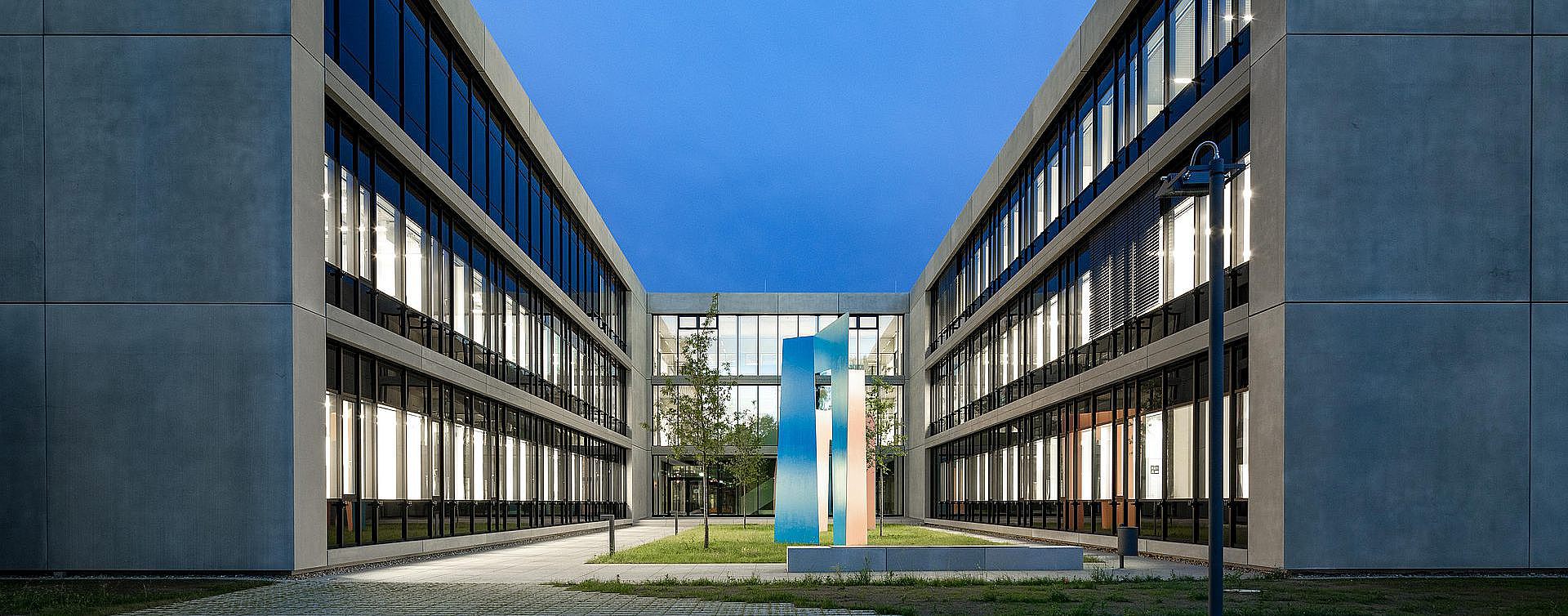
Ideal conditions for cutting-edge research
To create new knowledge and technologies, excellent researchers require excellent infrastructure. We support scientists in their projects with our core facilities. At Ulm University, we benefit from our location in the centre of an economically strong region as well as from substantial third-party funding. This creates outstanding conditions for world-class research and the training of the next generation of highly qualified specialists while promoting the transfer of knowledge and technology into practice.
Support for researchers
The Centre for Research Strategy and Support (Res.UL) is the first point of contact for researchers at Ulm University for the implementation of their research ideas. Res.UL supports our researchers in acquiring important collaborative projects. It is also the right place for young researchers at the beginning of their career.
Promoting young talent
We want to shape a sustainable future together. That is why we are focussing on comprehensive support for young researchers. The Graduate & Professional Training Centre Ulm (ProTrainU) supports early career researchers by providing general advice, career development services and information on start-up funding.
Excellence Strategy
Since 2007, Ulm University has successfully been part of the “Excellence Initiative” and its continuation, the “Excellence Strategy” – a federal and state funding programme to strengthen top-level research in Germany. It is currently represented by the Cluster of Excellence POLiS (Post Lithium Storage), the only cluster for battery research in Germany.
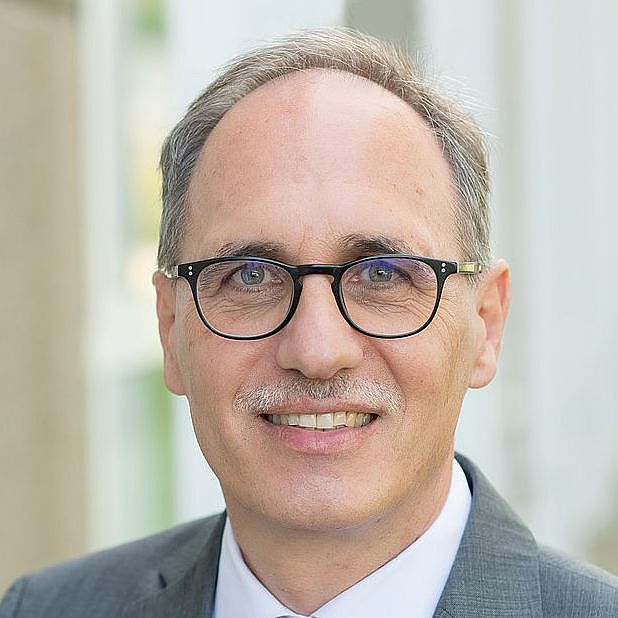
"Quantum physics is incredibly fascinating precisely because it repeatedly stretches the limits of our imagination."
Prof. Joachim Ankerhold
Institute for Complex Quantum Systems
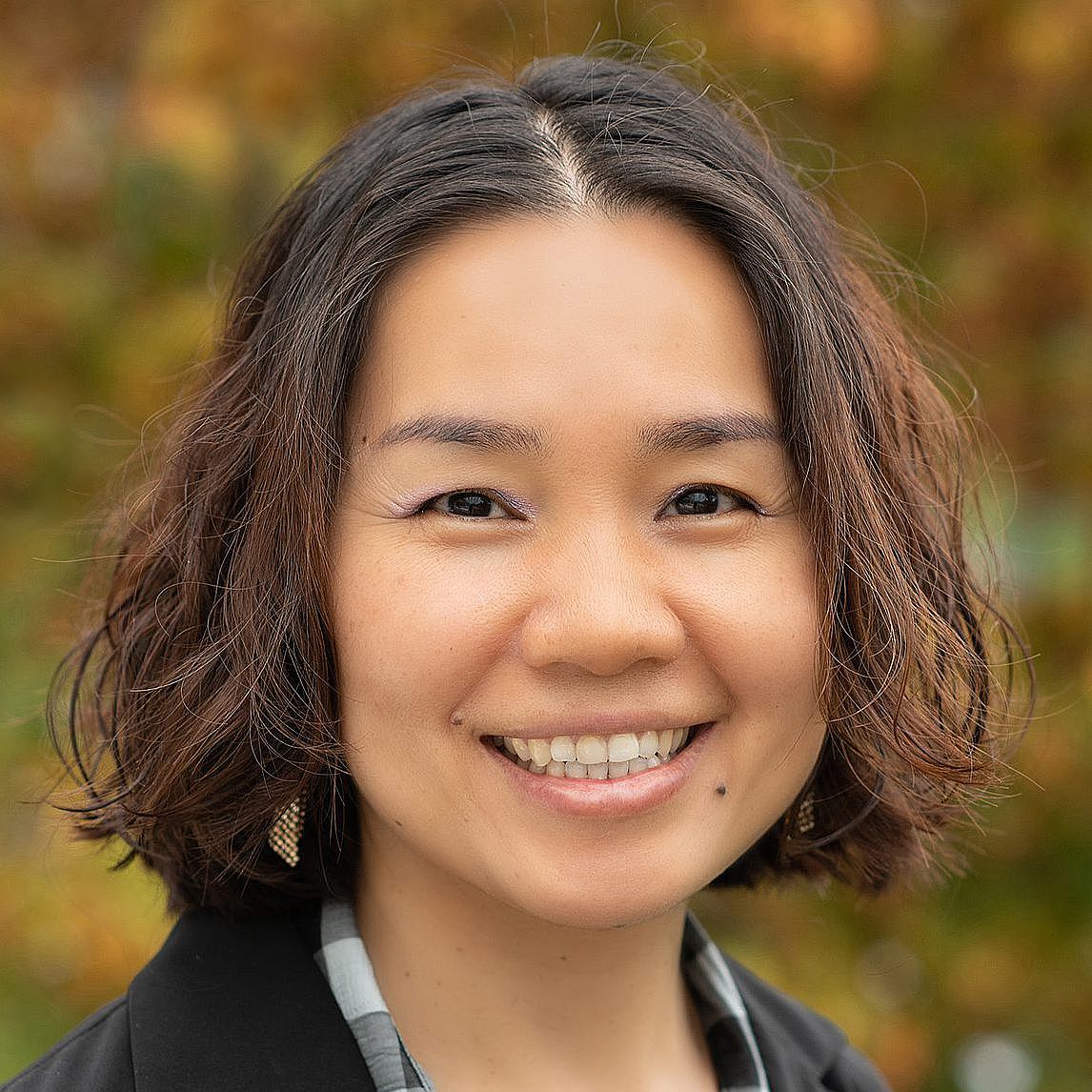
"Interdisciplinary research like that conducted by Ulm University in actuarial science helps us to understand complex risks and develop sustainable solutions for social challenges such as an ageing population."
Prof. An Chen
Institute of Insurance Science
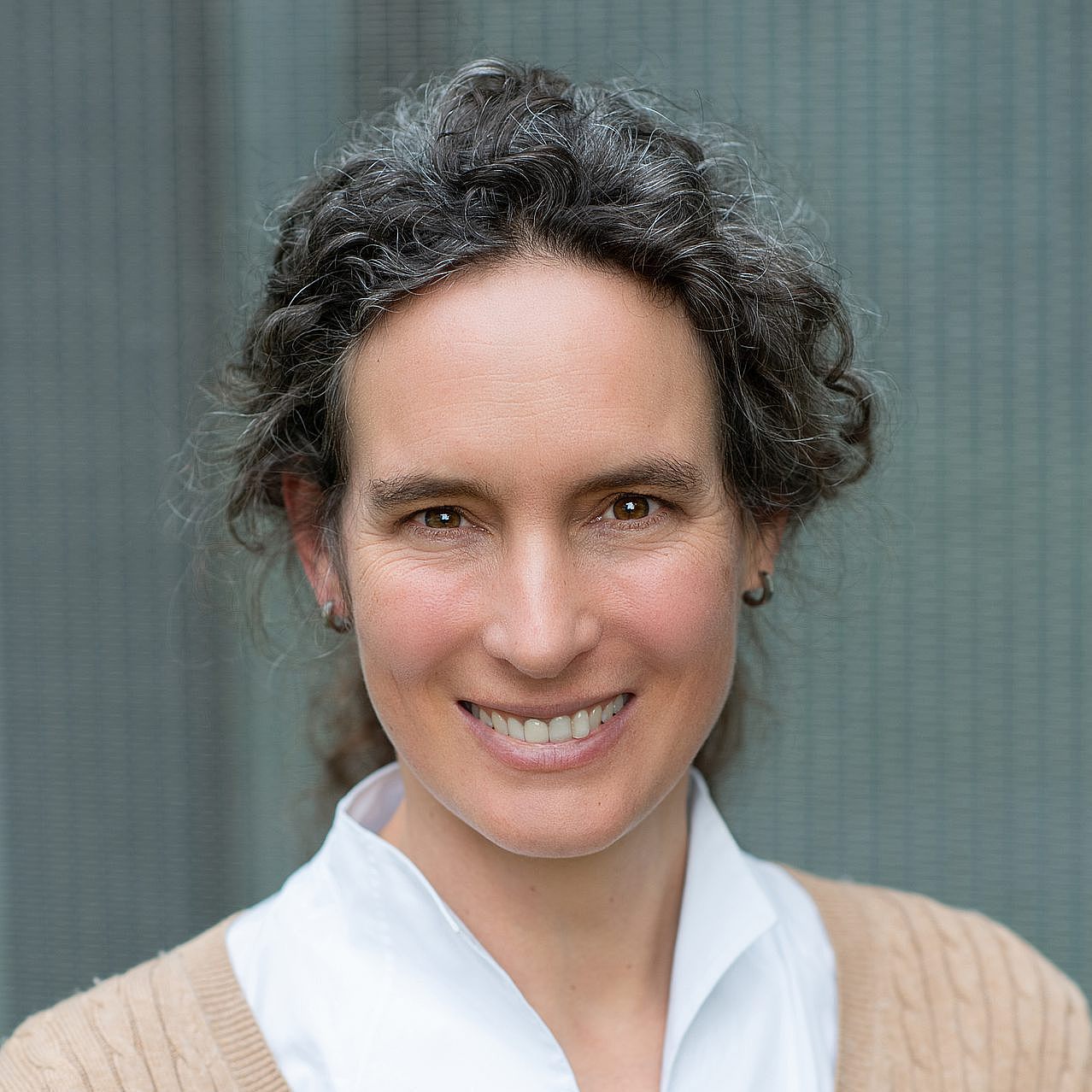
“AI is an extremely exciting field in which we develop various methods to realise intelligent systems. The rapid development continually raises new questions, for example, regarding the responsible use of AI-based systems in medicine.”
Prof. Birte Glimm
Institute for Artificial Intelligence
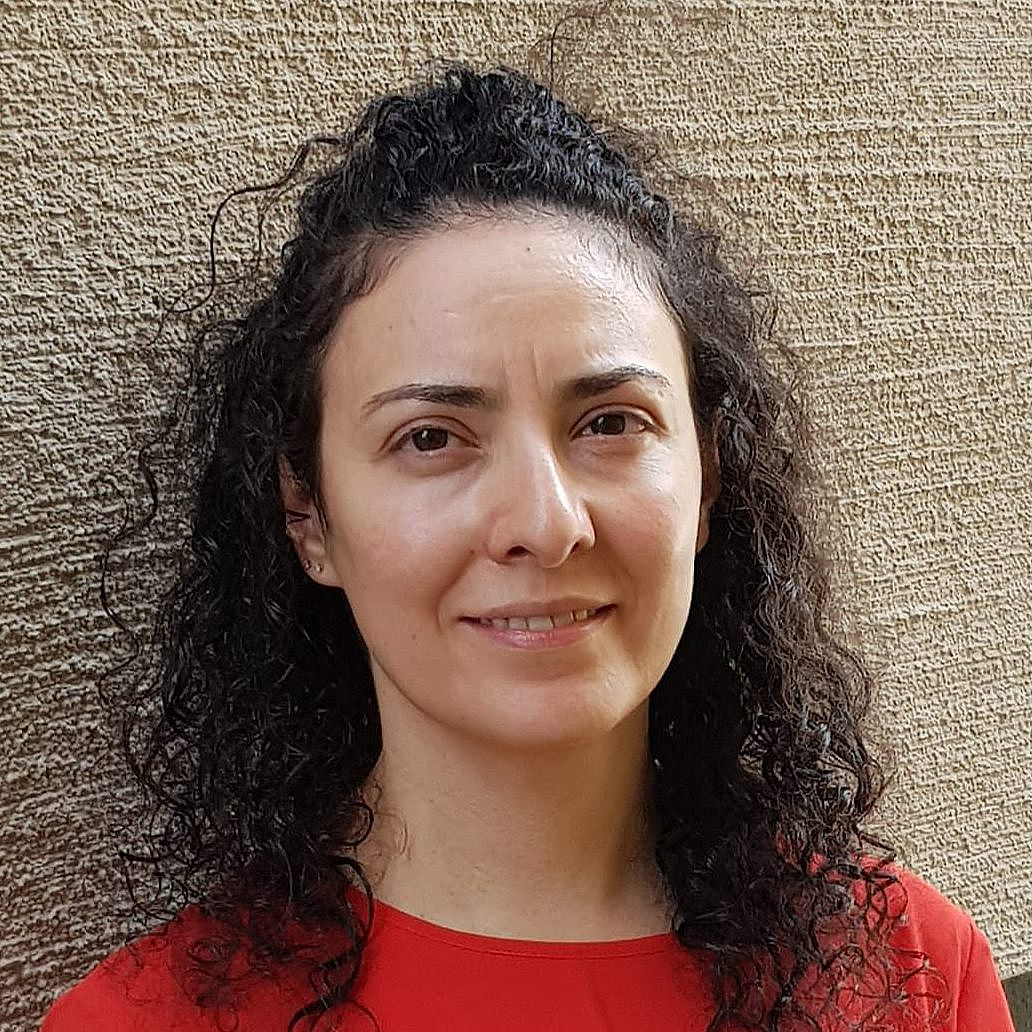
“My fascination with the biology of stem cells and their relevance over the lifespan of a person drives my desire to understand the unknown mechanisms of the aging process.”
Jun.-Prof. Ani Grigoryan
Institute of Molecular Medicine
